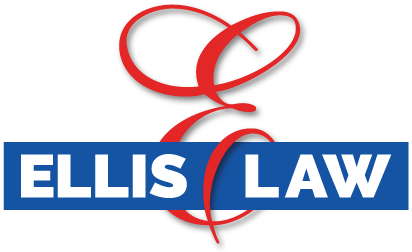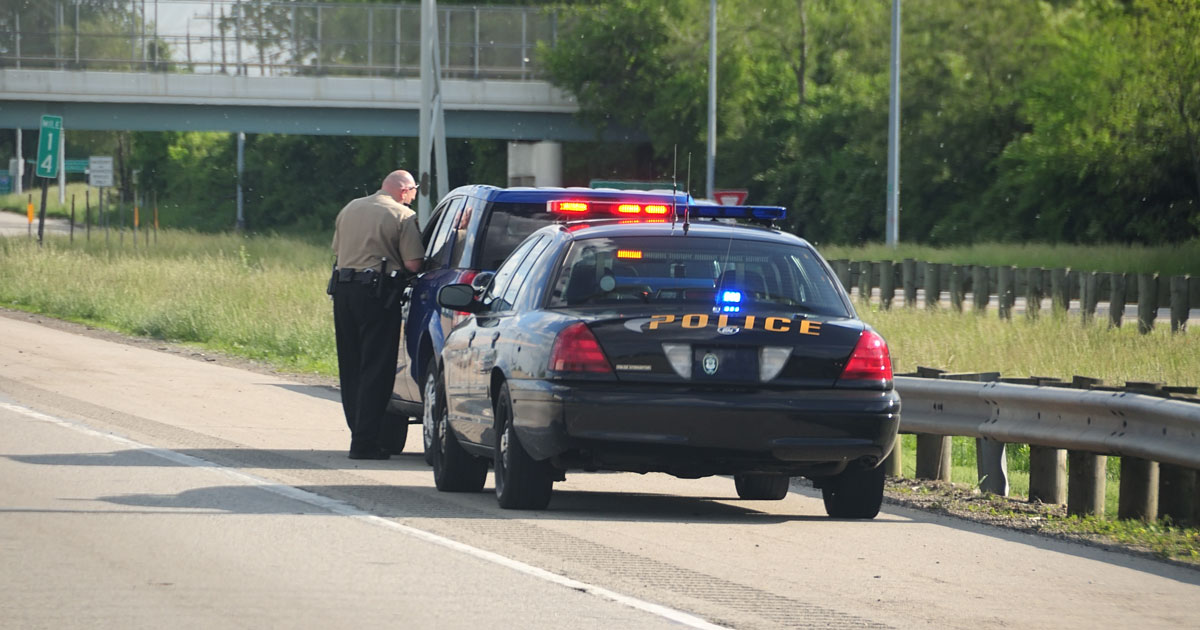If you drive in New Jersey, you should become familiar with the proper way to make right turns, left turns, and U-turns on roads across the state. Improper turns are not only dangerous, but violations for improper turns can also bring costly fines and “insurance eligibility points” that will hike up your premiums.
We will review the laws for these turns to help you stay safe, prevent accidents, and avoid penalties under New Jersey law.
Left and Right Turns in New Jersey
NJ Rev Stat § 39:4-123 (2013) describes how a vehicle driver approaching an intersection should turn.
Proper Right Turns
As drivers approach the intersection to make a right turn, they should make the turn as close to the curb or edge of the roadway as possible.
Proper Left Turns on Two-Way Roads
Drivers should approach and make the left turn in the portion on the right side of the road closest to the center line. As the driver turns and proceeds toward the intersection to the left, they should remain on the right side of the center line of that roadway being entered. This applies to intersections where traffic travels in both directions entering the intersection.
Proper Left Turns on Other Roads
At intersections where traffic travels in one direction on one or more roads, the driver making the left turn should approach the intersection in the furthest left-hand lane available to traffic moving in the same direction.
As they turn, they should remain in the left-hand lane lawfully available to traffic moving in the same direction. While these descriptions may sound a bit complicated, they essentially state “don’t cross lanes of traffic when turning.”
New Jersey Penalties for Improper Right or Left Turns
- When a driver is convicted or pleads guilty to making an improper turn under this statute faces multiple penalties. First, there is a fine of $85 (or $140 in a construction zone).
- Additionally, the driver receives three points on their driving record. If they get six points within a three-year period, the driver must pay a $150 surcharge along with $25 for each additional point.
- After 12 points on their driving record, the driver’s license is suspended. While these points never technically “expire,” three points are deducted every year the driver goes without a traffic violation or license suspension.
- A guilty plea or conviction also brings three “insurance eligibility points” which insurance companies use to assess a driver’s risk. A driver with more points will pay more for auto insurance.
Illegal U-Turns
U-turns are among the most dangerous turns drivers can make. If a driver making a U-turn has limited visibility, takes the turn too wide, or blocks a lane of traffic, they can cause a serious accident. Illegal U-turns can lead to collisions with other vehicles, pedestrians, or bicyclists or motorcyclists.
In most states, U-turns are illegal in business districts. Business districts are considered areas where more than 50 percent of properties fronting the street are used for business-purposes.
NJSA 39 4 125 is the statute regarding illegal U-turns. It states that the driver of a vehicle may not turn the vehicle around to proceed in the opposite direction upon any curve or upon the approach to or near the top of a grade where the view of the vehicle is obstructed within a distance of 500 feet in either direction.
Essentially, drivers should not make a U-turn unless they are relatively certain drivers can see their vehicle from 500 feet away. Also, U-turns in locations obviously marked with signs stating “No U-turns” are prohibited. Drivers who make improper U-turns risk three points on their driver’s license.
Other Types of Improper Turns
Here are some other violations drivers should be aware of when turning on New Jersey roads:
- Turning without signaling
- Turning without right-of-way
- Turning from the wrong lane
- Turning into a lane of oncoming traffic
- Turning right at a “no turn on red” intersection
- Making a left turn at an intersection where left turns are prohibited
Insurance Eligibility Points, and Why They Matter for New Jersey Drivers
In 1990 the state of New Jersey passed legislation that linked driver’s license points to insurance surcharges. Currently, insurance companies use something called “eligibility points” to evaluate a driver’s overall risk. As a driver acquires points on their license, their insurance premiums are likely to go up.
Eligibility points impact policyholders in another important way. The points system may determine where drivers can buy insurance. Those with less than seven eligibility points can shop for car insurance on the” voluntary market.” On the voluntary market, insurance providers can approve or reject applicants based on risk.
High-risk drivers do not have the option to shop on the voluntary market. Instead, they must acquire auto insurance through the high-risk New Jersey Personal Automobile Insurance Plan (NJ PAIP.) Premiums for insurance through NJPAIP are much higher than those on the voluntary market, particularly for drivers with many eligibility points.
New Jersey already has higher-than-average insurance premiums compared with other states. The average for full coverage for a 40-year-old driver with a clean record in New Jersey is around $1,891 compared to the national average of $1,771. Points will only increase those premiums, which is a good incentive for drivers to do all they can to avoid violations.
I Got a Ticket for an Improper Turn. What Should I Do Now?
If you get a ticket for an improper turn or other traffic violations, you need to consider three things: your driving record; possible fines and other penalties; and your car insurance rates. Because a single violation can have a lasting impact on your driving record and your auto insurance, it is a good idea to discuss your case with a traffic ticket attorney.
An attorney can review your case and formulate a strategy based on your situation. Each case is unique and requires a personal approach to reduce the impact of a moving violation. For example, drivers with prior traffic tickets may be at risk of a license suspension, but a skilled attorney may recommend pleading guilty to a non-moving violation to keep additional points off their record.
Based on your driving record and the violation at hand, your attorney may recommend contesting your ticket if there are questions about the prosecution’s evidence. Or they may seek a reduction or dismissal of the charge. In some cases, the prosecution concedes to drop some charges in exchange for a guilty plea on the most serious violation. Some prosecutors agree to reduce a moving violation to a non-violation or even dismiss a violation if the driver agrees to attend a driver improvement program.
Can I Get Points Removed From My Driving Record?
While a ticket is never ideal, the good news is there are ways to possibly get points removed from your driving record. Drivers who voluntarily take a Motor Vehicle Commission-approved defensive driving course can get two points removed every five years. Completion of the Driver Improvement Program can result in the removal of three points. For every year a driver goes without getting a new traffic violation, they can get three points removed.
New Jersey Traffic Ticket Attorneys at Ellis Law Help Reduce the Impact of Traffic Tickets for Clients Across the Garden State
An improper turn violation can be stressful, but it does not have to be. Our experienced New Jersey traffic ticket attorneys at Ellis Law work hard to lessen the impact of a violation and possibly revoke sentences, fines, and points on your license. Call 732-308-0200 or inquire online to make an appointment today. Located in Freehold, New Jersey, we proudly represent clients in Freehold, East Brunswick, Jersey City, Middletown, Neptune, Hudson County, Union County, Essex County, and Ocean County, New Jersey as well as Brooklyn and New York, New York.





